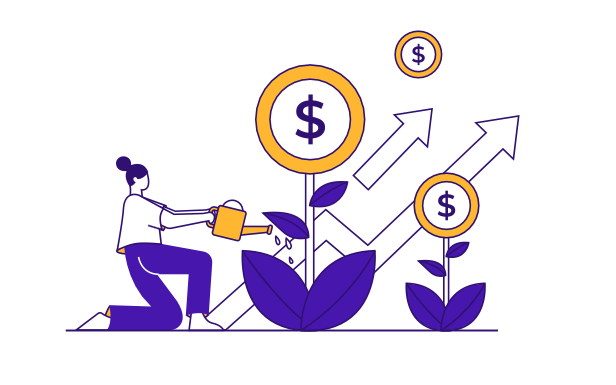The Customer Effect
Why Gen Z sees money differently than other generations
- As the most diverse generation across race, ethnicity, and gender, 'Zoomers' are vocal proponents of diversity and inclusion.
- Here's why Gen Z sees and deals with money differently than their previous generations.








